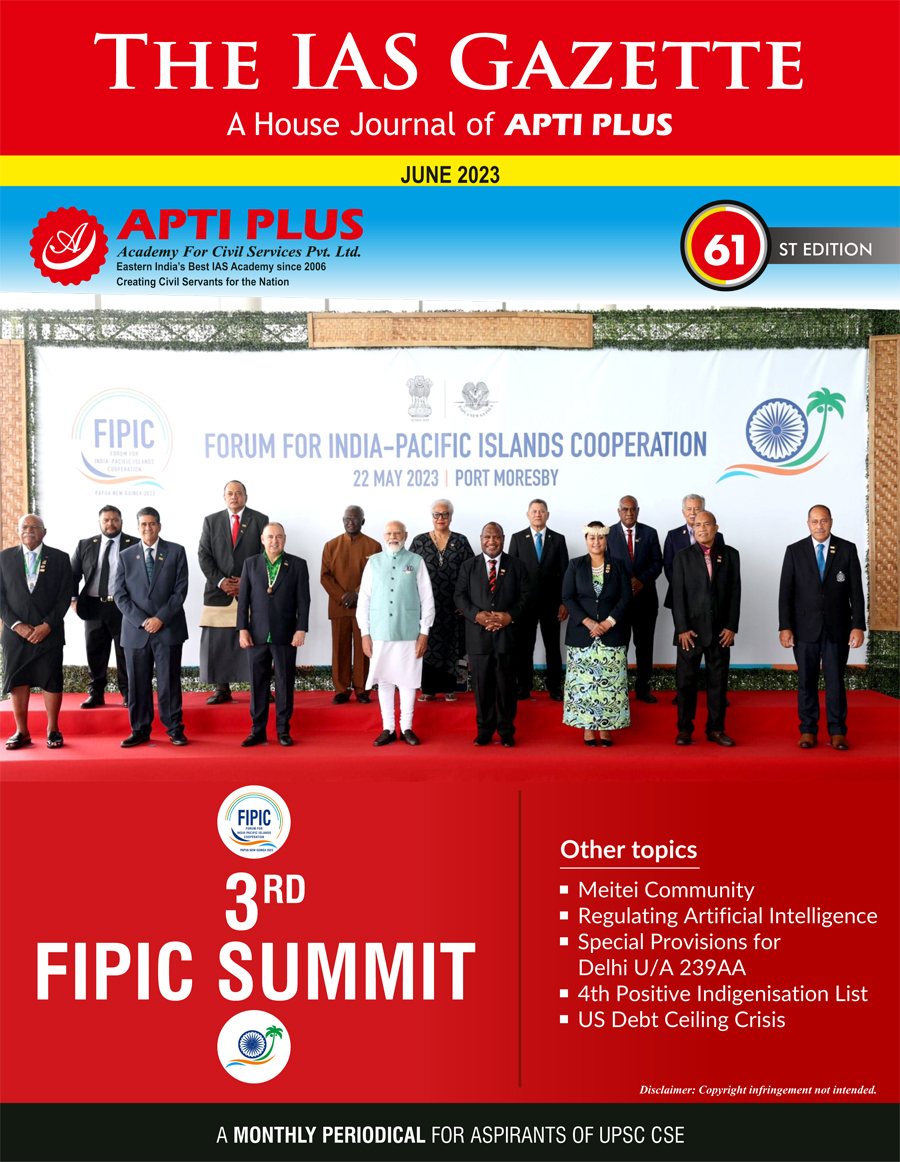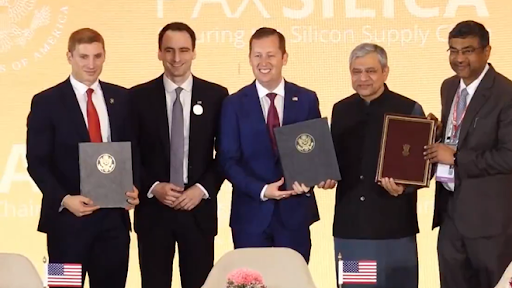Description

Disclaimer: Copyright infringement not intended.
Context
- The formation of a “more representative” and multipolar world order is in the global interest- Leaders of the Shanghai Cooperation Organisation at the SCO’s virtual online summit.
ALL ABOUT SCO: https://www.iasgyan.in/blogs/sco-summit-an-analysis
The Summit
- The India-chaired online summit of the SCO Council of Heads of State is being attended by all the SCO member states and the heads of the organization’s Secretariat and Regional Anti-Terrorist Structure.
- In addition, the heads of the Association of Southeast Asian Nations (ASEAN), the Eurasian Economic Union (EAEU), the Collective Security Treaty Organization (CSTO), the United Nations Organization (UN), the Conference on Interaction and Confidence Building Measures in Asia (CICA) and the Commonwealth of Independent States (CIS) have been invited to the summit.
Highlights of the Summit
- All participants of the organization share the same assessment of the situation in global politics and security and in the social and economic spheres.
- SCO is firmly committed to the formation of a truly equitable, multipolar world order. A world order that is based on international law, on the universally accepted principles of the mutually respectful cooperation of sovereign states under the central coordinating role of the United Nations.
- The practical work of the SCO is being built on a constructive basis, with the organization playing an increasingly significant role in international affairs and contributing to maintaining peace and stability, ensuring the provision of the sustainable economic growth of its member states, and making international ties stronger.
- SCO’s decision to induct Iran as its ninth and latest member was one of a number of agreements signed at the summit.
The SCO grouping now comprises China, India, Iran, Kazakhstan, Kyrgyzstan, Pakistan, Russia, Tajikistan and Uzbekistan.

Agreements signed
The agreements signed include the
-
- New Delhi Declaration, outlining areas of cooperation between SCO countries;
- A joint statement on countering radicalization; and one on digital transformation, where India offered to share expertise on digital payment interfaces such as UPI in a reference to sanctions on Russia and Iran by the U.S. and European countries,
- SCO members jointly criticized non-UN sanctions as “incompatible with the principles of international law”, which have a “negative impact” on other countries.
- SCO members also agreed to explore the use of “national currencies” for payments within the grouping, which would circumvent international dollar-based payments.
India’s assertions
With respect to China’s Belt and Road Initiative
- Better connectivity not only enhances mutual trade but also fosters mutual trust.
- However, in these efforts, it is essential to uphold the basic principles of the SCO charter, particularly respecting the sovereignty and regional integrity of the Member States.
Note: India opposes the BRI over its inclusion of projects in Pakistan-occupied Kashmir.
READ ABOUT CHINA’S BRI:
https://www.iasgyan.in/daily-current-affairs/indias-stand-on-bri
https://www.iasgyan.in/daily-current-affairs/china-pakistan-economic-corridor
https://www.iasgyan.in/daily-current-affairs/chinas-wolf-warrior-era
On Terrorism
- Some countries use cross-border terrorism as an instrument of their policies, to provide shelter to terrorists.
- SCO should not hesitate to criticize such nations. There should be no place for double standards on such serious matters.
On New World Order
- The Delhi Declaration listed a number of global challenges, including new and emerging conflicts, turbulence in the markets, supply chain instability, climate change and the COVID-19 pandemic.
- SCO member States confirm their commitment to formation of a more representative, democratic, just and multipolar world order based on the universally recognized principles of international law, multilateralism, equal, joint, indivisible, comprehensive and sustainable security, cultural and civilizational diversity, mutually beneficial and equal cooperation of states with a central coordinating role of the UN.
|
PRACTICE QUESTION
Q. In an era of multilateral and multi-vector foreign policy, Shanghai Cooperation Organisation (SCO) can be harnessed to ensure greater harmony amongst the member countries to meet common challenges and geostrategic concerns. Examine.
|

https://epaper.thehindu.com/ccidist-ws/th/th_delhi/issues/42353/OPS/G6IBENFPO.1.png?cropFromPage=true









